Medicina, Free Full-Text
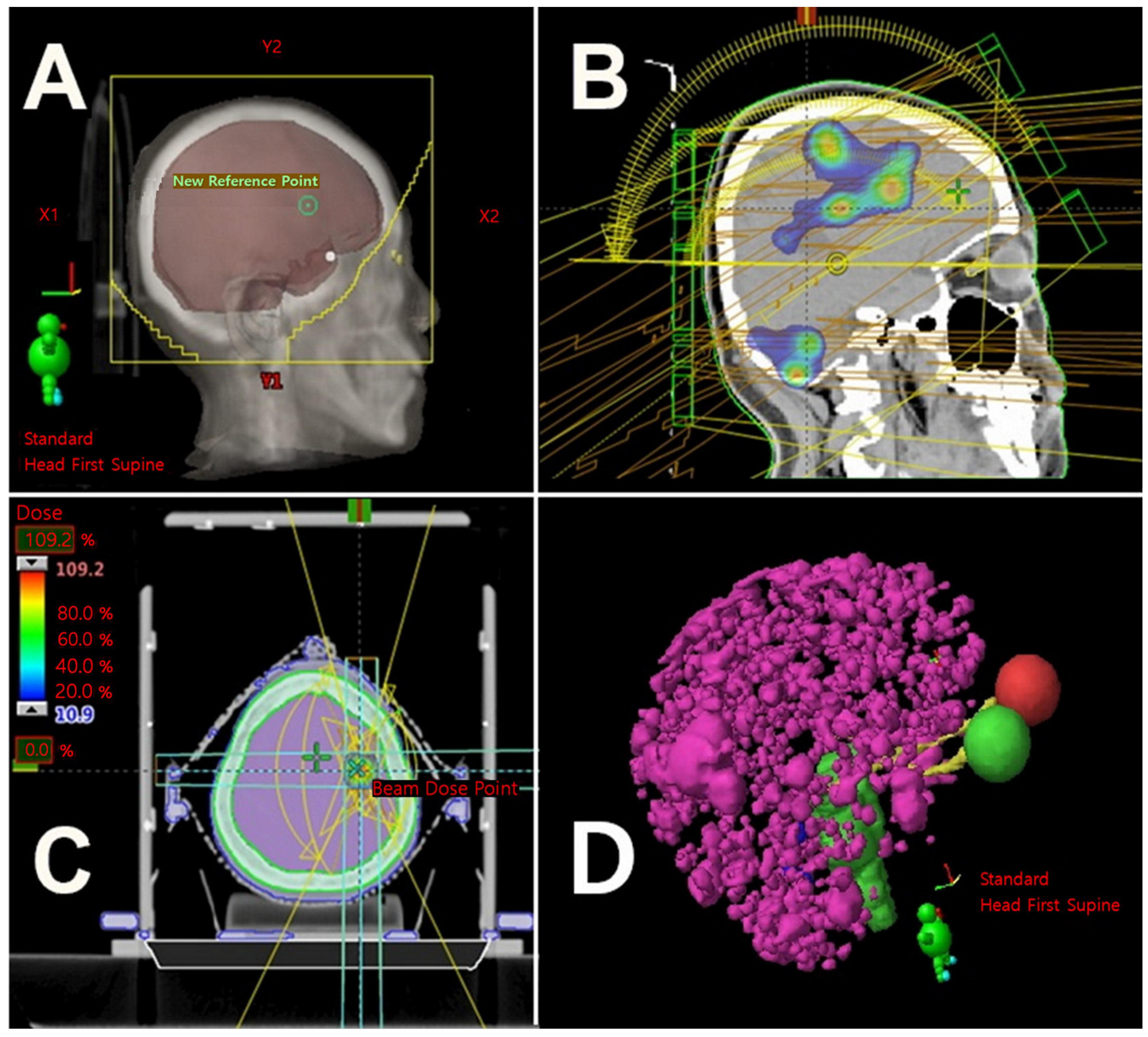
Brain metastases (BMs) are one of the most common metastatic lesions in adult cancer patients and the most common intracranial neoplasms in adult patients. Especially for multiple BMs, historically, whole-brain radiotherapy (WBRT) has been performed as the mainstay of therapy, which improves neurological symptoms and median survival. However, WBRT could negatively impact the patient’s quality of life due to late complications. Owing to these complications, attempts have been made to use the latest radiotherapy (LRT) such as stereotactic radiosurgery (SRS) and intensity-modulated radiotherapy (IMRT) to treat BMs. However, for the extensive BMs (ranging from tens to hundreds), there are currently no prospective studies comparing WBRT with LRT such as IMRT or SRS. For extensive brain metastases, LRT cannot be the best option. Instead, upfront WBRT should be considered given its advantages and disadvantages, rather than LRT. We hope that faster and more reliable LRT for extensive BMs will be applicable for clinical practice without any clinical concerns in the near future.

PubMed Central - PMC - Open Access Resources for WCM Alumni and Retirees - LibGuides at Weill Cornell Medical College

NATIONAL LIBRARY OF MEDICINE PubMed Central Edwin Sequeira National Library of Medicine May 26, ppt download
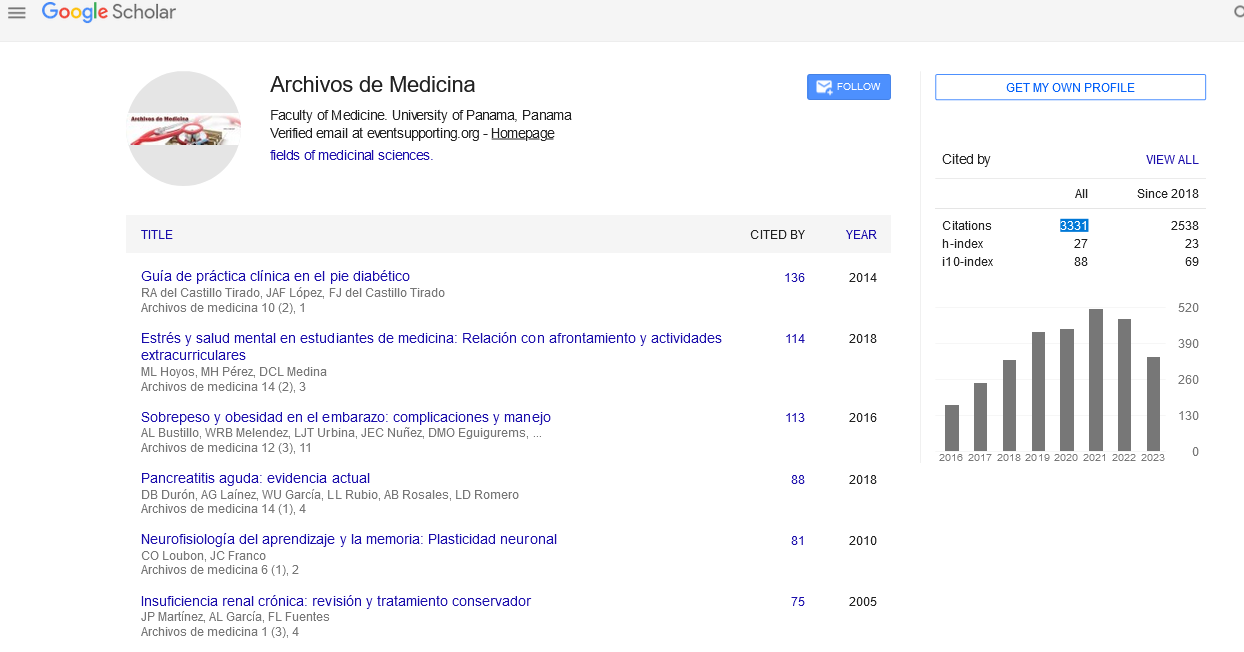
Medicina, Free Full-Text, Medical Patch
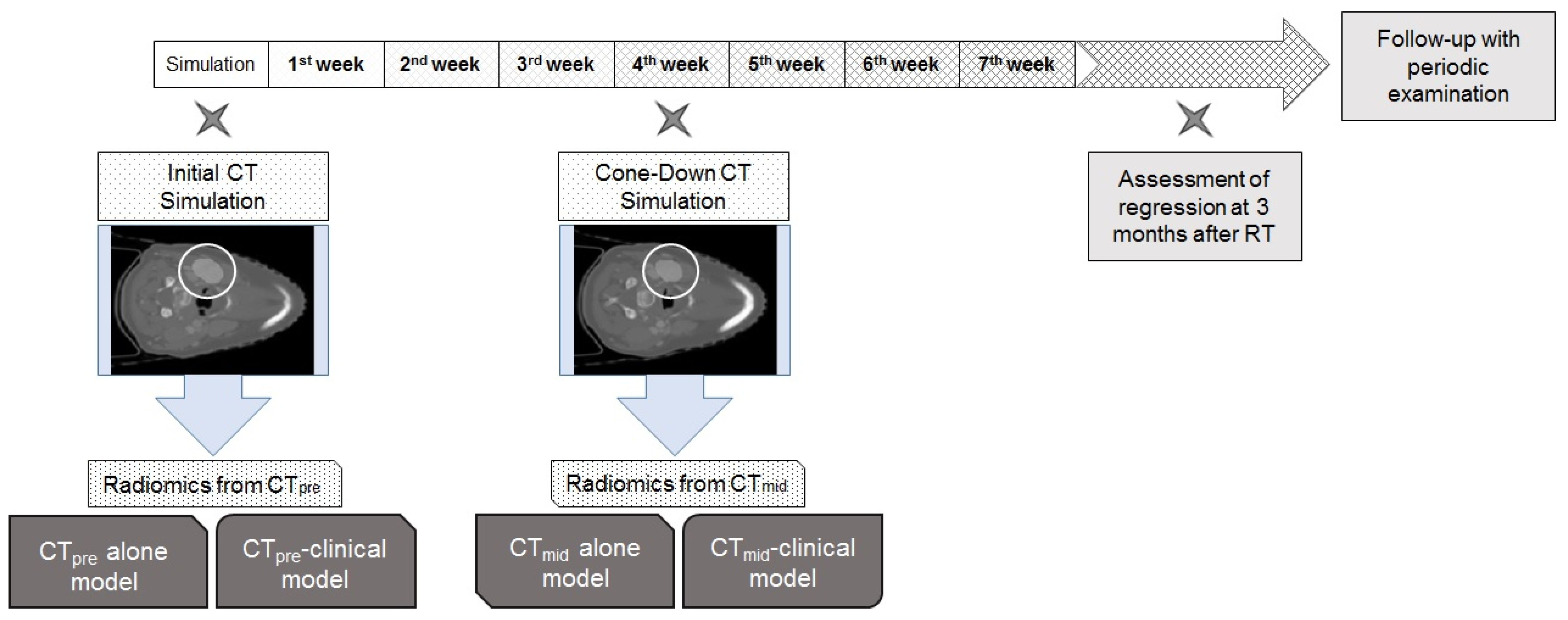
Medicina, Free Full-Text
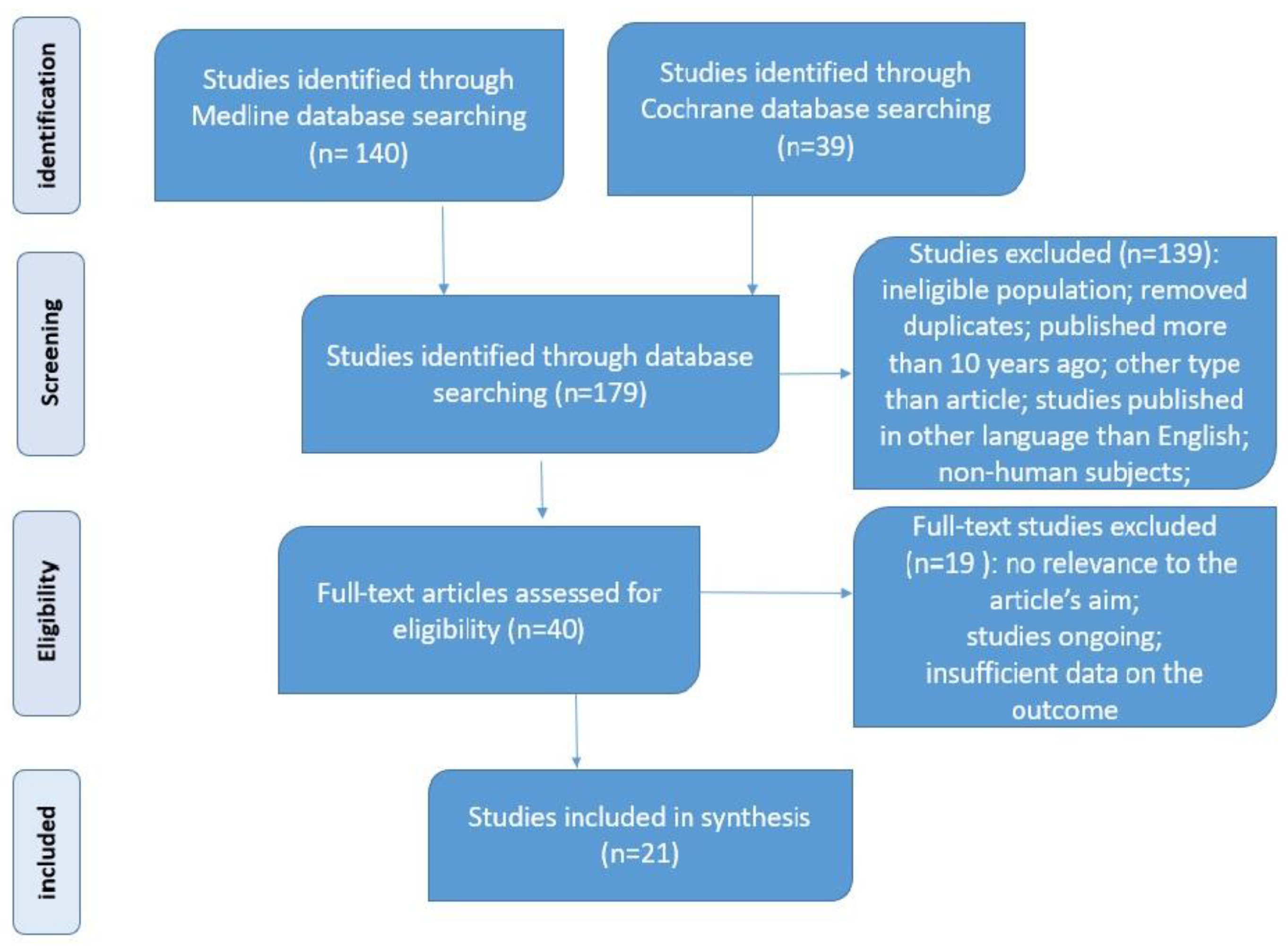
Medicina, Free Full-Text

Alternative Medicine - Health HTML5 Responsive Website Template

Medicina, Free Full-Text
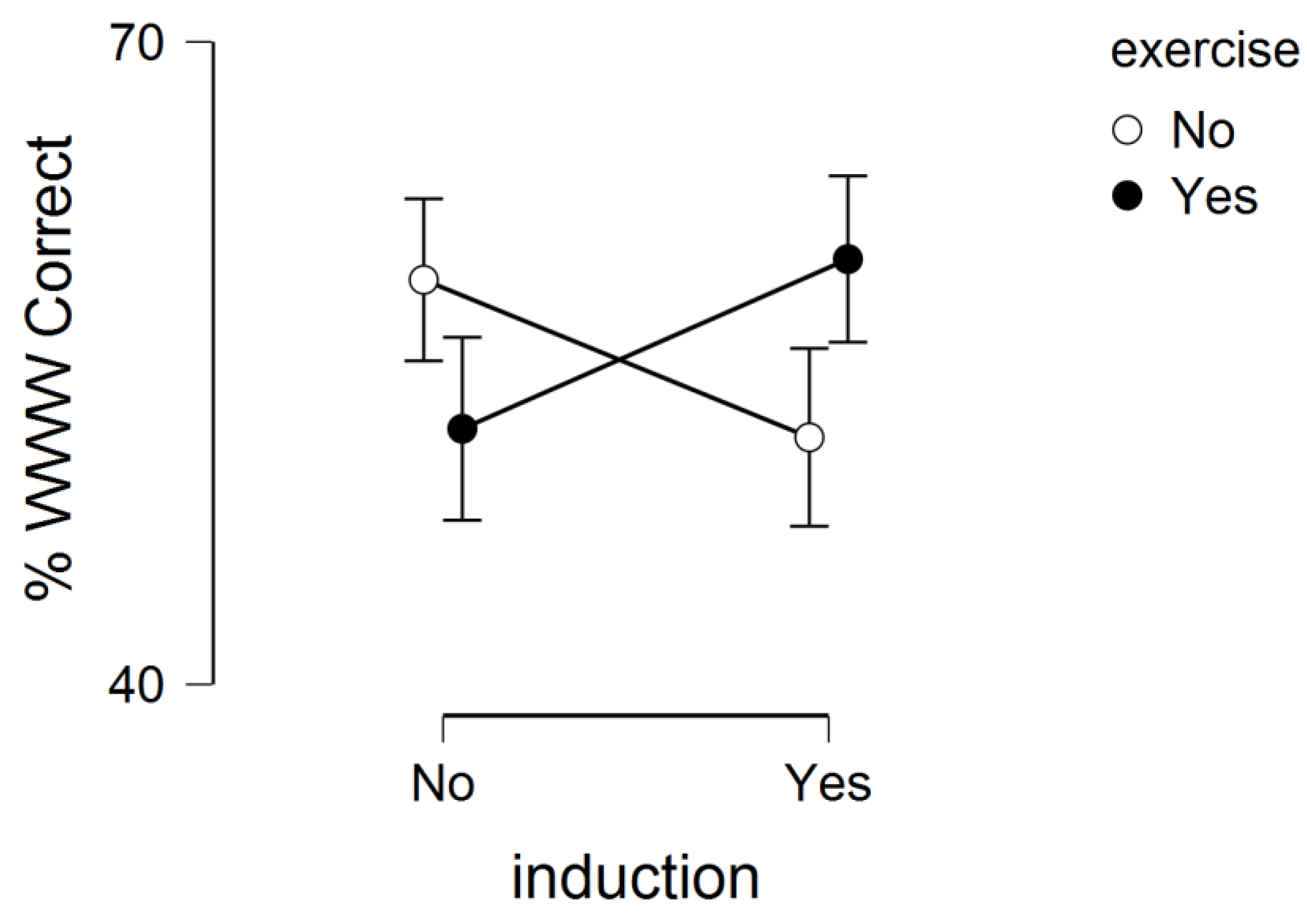
Medicina, Free Full-Text

Medicine
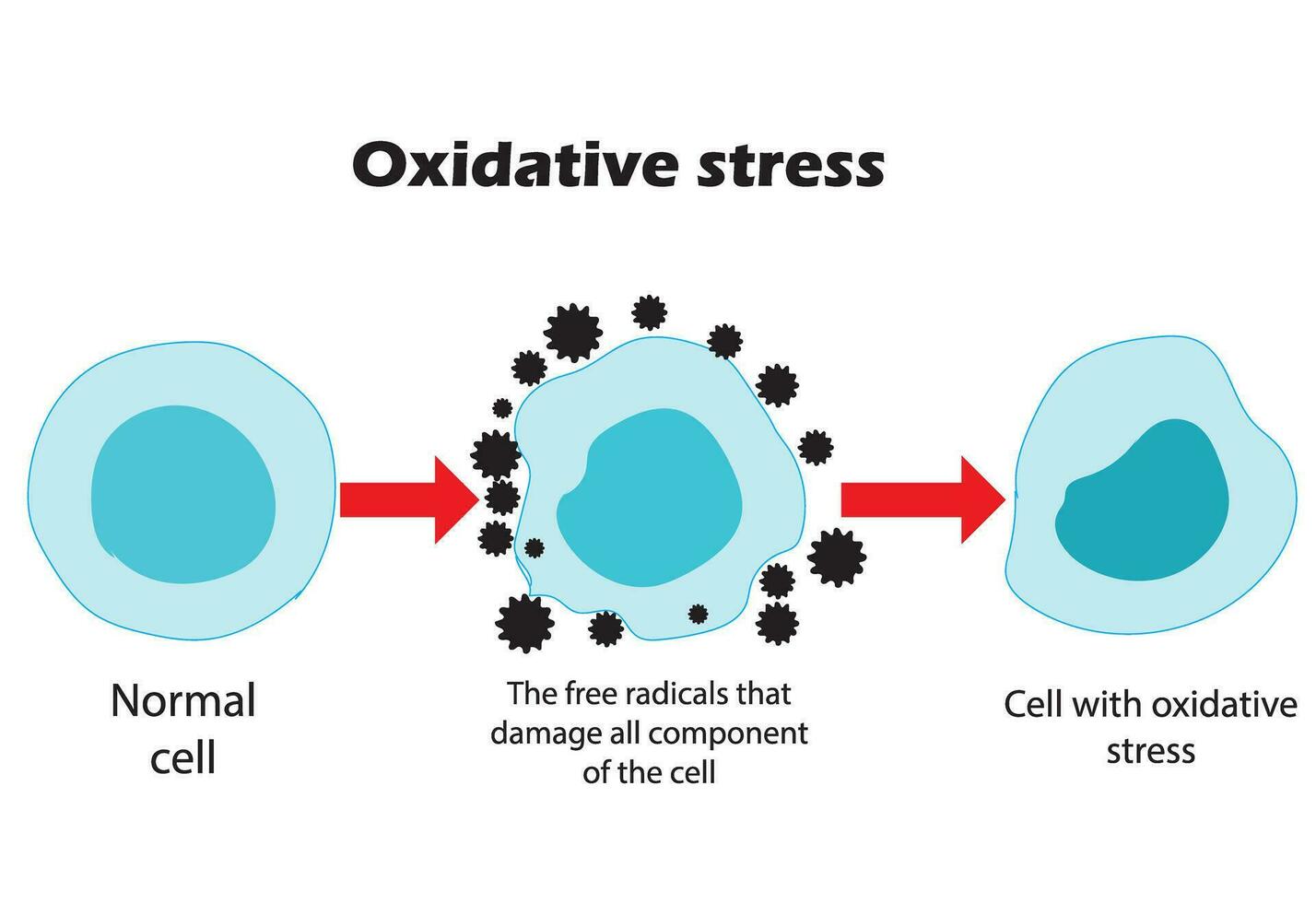
Oxidative stress. From normal cells, to oxidative stress and aggressive free radicals, to cell death.Educational and study content for students of biology, medicine and science. vector illustration. 27117760 Vector Art at Vecteezy

iEM Digital Content – International Emergency Medicine Education Project